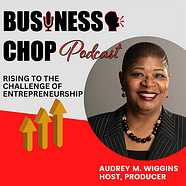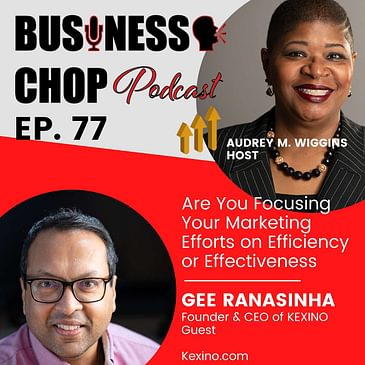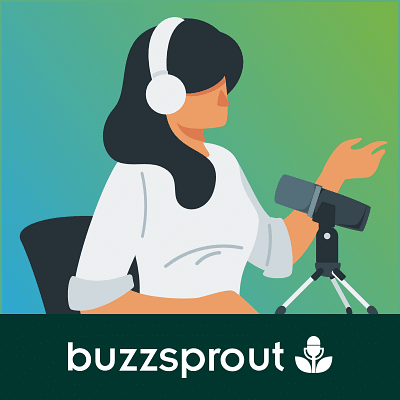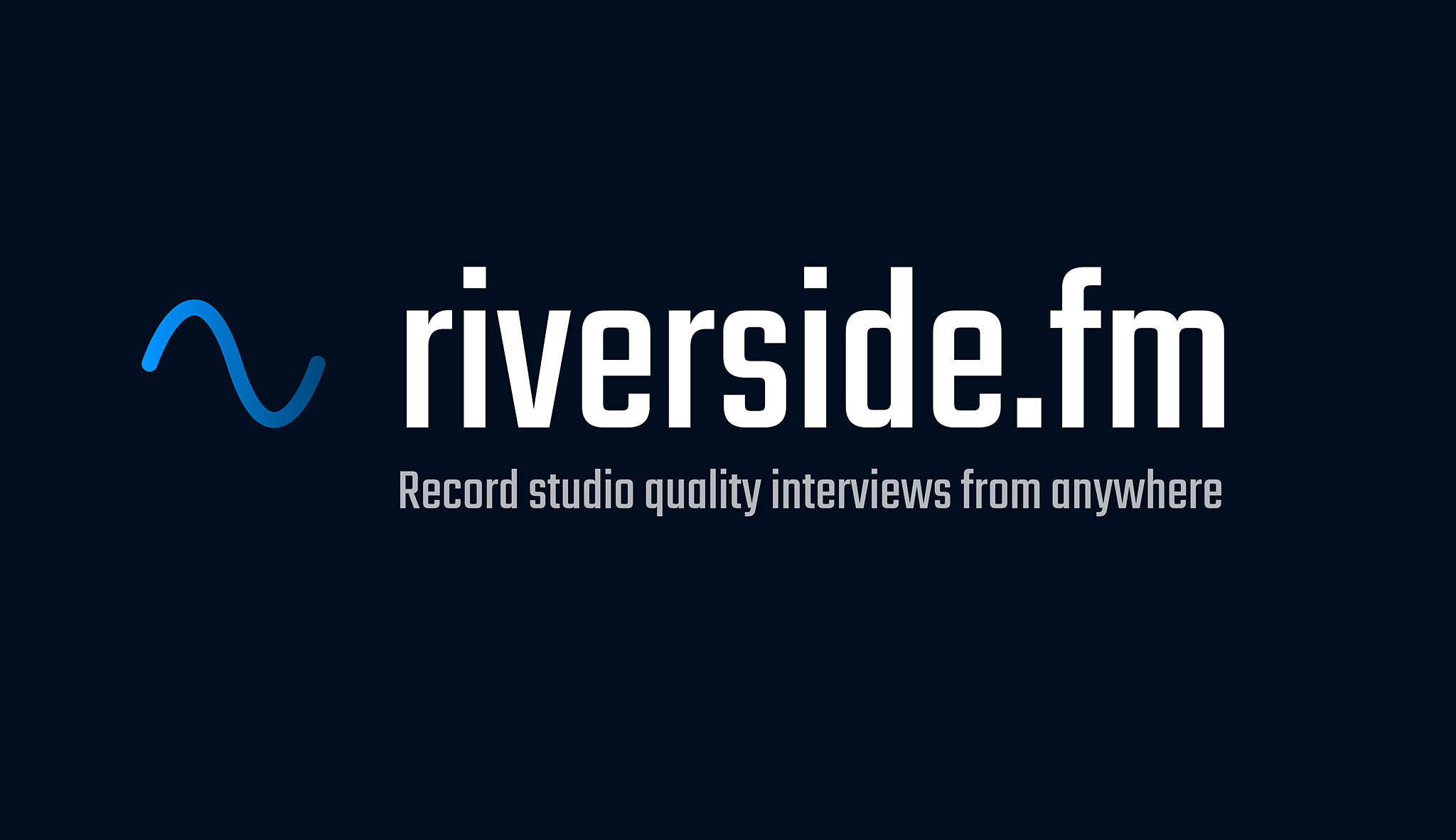Gee Ranasinha and Audrey Wiggins discussed the relevance of distinguishing between traditional and digital marketing and emphasized the importance of maintaining a professional relationship with clients. They also underscored the need for industry-wide awareness of linguistic and design issues.
The discussion then shifted to the evolving focus of marketing efforts, emphasizing the shift from efficiency to effectiveness. Ranasinha highlighted the challenges of applying logic and process to a discipline like marketing, which is heavily influenced by emotion, context, and behavior. He emphasized the need for comparisons to measure effectiveness and the importance of clarity in measuring marketing tactics. They also stressed the significance of emotional appeal and storytelling in marketing to create a lasting impact on consumers.
They also delved into a discussion about the ethical dilemmas and challenges within the marketing industry. They expressed concern over the abundance of unethical practices and the detrimental effects on small business owners who often fall prey to dishonest marketers. Emphasizing the need for greater industry accountability, they advocated for protecting entrepreneurs from exploitation and stressed the importance of ethical standards in marketing.
Gee Ranasinha is the Founder and CEO of KEXINO, an award-winning marketing agency. Over the past 16 years KEXINO has helped over 400 startups and small businesses in ~20 countries grow awareness, reputation, trust and sales. A Fellow of the Chartered Institute Of Marketing, Gee is also Visiting Professor at two business schools, teaching Marketing and Behavioral Economics to final-year MBA students.
Gee Fun Facts
Met Steve Jobs on 2 separate occasions
Can memorize a shuffled pack of playing cards in order.
Gee loves to cook, listens to music on a ridiculously expensive hi-fi, and plays jazz piano very badly.
He also has a particularly annoying habit of talking about himself in the third person.
Connect with Gee
Websitehttps://kexino.com
LinkedInhttps://www.linkedin.com/in/ranasinha
Buzzsprout - Let's get your podcast launched!
Start for FREE
Designrr for eBooks, Blogs
Create eBooks, Blogs, Lead Magnets and more!
Riverside.fm Your Own Virtual Studio
Professional Virtual Studio
Altogether Domains, Hosting and More
Bringing your business online - domain names, web design, branded email, security, hosting and more.
Digital Business Cards
Let's speed up your follow up. Get a digital business card.
Small Business Legal Services
Your Small Business Legal Plan can help with any business legal matter.
Get Quality Podcast Guests Now
Keep your podcast schedule filled with quality guests from PodMatch.
Disclaimer: This post contains affiliate links. If you make a purchase, I may receive a commission at no extra cost to you.
Please Rate & Review
Visit Our Parent Company Altogether Marketing LLC






